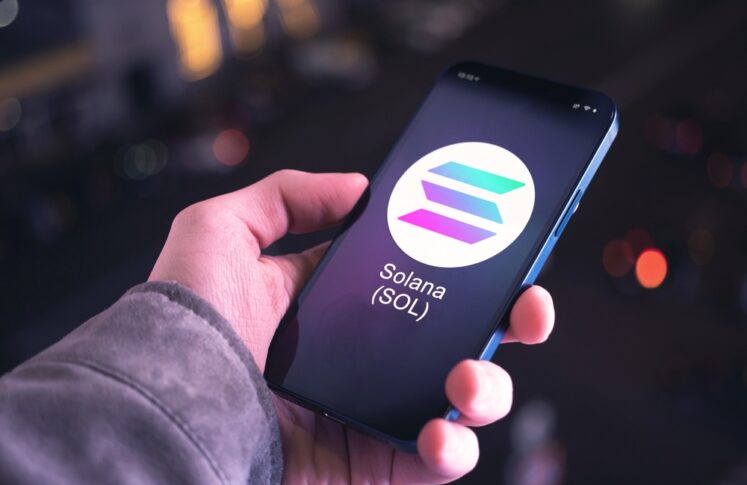CasinoColada – Enhancing AI Safety: Researchers Pioneer Tool to Monitor and Prevent Harmful Outputs from Language Models
In a collaborative effort that underscores the commitment to advancing the safety and reliability of artificial intelligence (AI), researchers from AutoGPT, Northeastern University, and Microsoft Research have unveiled a pioneering tool designed to meticulously monitor large language models (LLMs). This innovative technology not only scrutinizes these models for potentially harmful outputs but also possesses the capability to preemptively prevent their execution. The significance of this breakthrough is outlined in a preprint research paper titled “Testing Language Model Agents Safely in the Wild.” For more news on our website, make sure to visit CasinoColada’s other pages!
The crux of the challenge lies in the complex dynamics of real-world scenarios, especially on the open internet, where AI models operate. Traditional monitoring tools, which may excel in controlled laboratory settings, often fall short when applied to LLMs operating in the unpredictable and dynamic environment of the internet. The researchers acknowledge that even the most adept computer scientists face an inherent limitation – the inability to foresee every possible harm vector before it materializes.
CasinoColada – The Tools Involved
The developed tool, referred to as an “agent,” introduces a context-sensitive monitoring system that establishes a stringent safety boundary. This boundary acts as a proactive defense mechanism, preventing unsafe tests and categorizing suspect behavior, which is then logged for further examination by human experts. This approach not only adds an additional layer of safety but also addresses the limitations of existing tools in capturing the nuances of real-world interactions.
To train the monitoring agent effectively, the research team curated an extensive dataset comprising nearly 2,000 safe human-AI interactions spanning 29 different tasks. These tasks ranged from fundamental text-retrieval exercises to intricate coding corrections and the creation of entire webpages from scratch. This diverse dataset enabled the agent to understand the intricacies of benign human-AI interactions, laying the foundation for distinguishing between innocuous outputs and those potentially harmful.
In a bid to challenge the robustness of the monitoring agent, a testing dataset was meticulously crafted, featuring adversarial outputs intentionally designed to be unsafe. This rigorous testing helped the researchers evaluate the agent’s ability to discern harmful outputs even in the face of deliberately crafted adversarial challenges. The results were striking, with the monitoring agent showcasing an impressive accuracy rate of nearly 90% in distinguishing between harmless and potentially harmful outputs. For the best crypto casinos of Fall 2023, check out our pages!
The research marks a significant stride toward enhancing the safety and reliability of AI systems operating in real-world applications. The ability to proactively prevent harmful outputs, especially in scenarios where unforeseen edge cases are prevalent, represents a crucial development in AI research. As the demand for AI applications continues to grow across various industries, the integration of advanced safety measures becomes paramount, ensuring that these powerful technologies operate responsibly and with heightened awareness of potential risks. The tool developed by AutoGPT, Northeastern University, and Microsoft Research stands as a testament to the ongoing commitment to advancing AI technology with a strong focus on safety and ethical considerations. Stay tuned with CasinoColada for more news in the crypto world.
The Author



